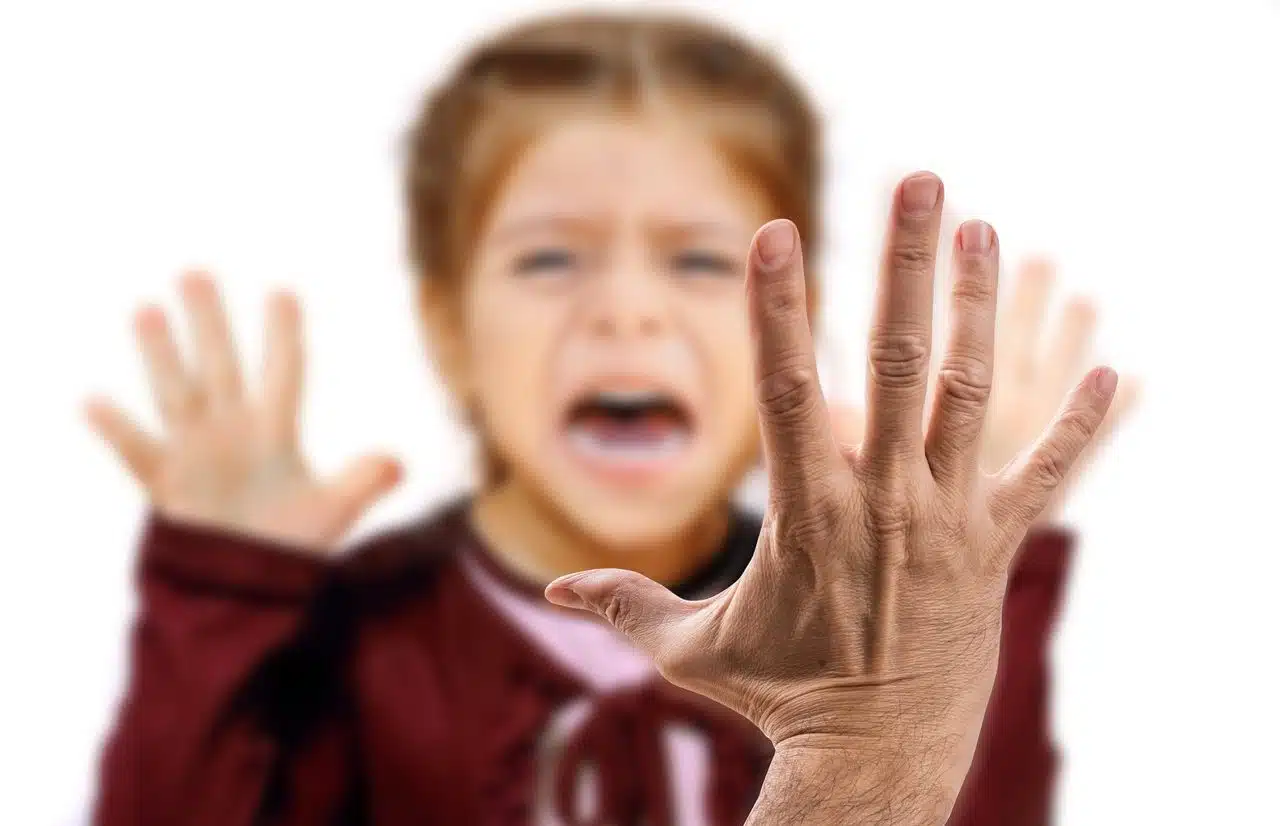
Oppression is associated with submission.
Oppression is a term that comes from the Latin word oppressĭo . It is about the actions and the consequences of oppressing . This verb, for its part, refers to pressuring or subduing a human being or a community .
For example: “We have to come together to fight oppression and regain freedom,” “I was a victim of my parents' oppression for twenty years,” “Our country will not tolerate another nation trying to subject it to oppression.”
Oppression on an individual
Oppression can be exerted on an individual. If a person feels linked in an unhealthy way to another, they may allow themselves to be subjected to their will without taking care of their right to freedom. This is what usually happens in many family relationships; of parents who make their children fear them and because of this they are able to endure all kinds of humiliation and violence from their parents. Also in many couples where one of the two (whether man or woman) exercises clear power over the other.
Many times, people who feel oppressed put aside their desires and are capable of abandoning the rest of their relationships so as not to antagonize their oppressor. When the one who is oppressed is a woman , generally oppressed by her husband, who restricts and nullifies her emotionally and physically, it is said that she is being a victim of gender violence and it is recommended to seek help to overcome this situation of oppression.

In a military dictatorship, citizens suffer oppression.
Use of the notion in politics
The most frequent use of the notion, however, is associated with oppression that develops at the political or state level. A military dictatorship oppresses citizens when it punishes dissident opinions, does not allow public demonstrations, and represses anyone who expresses themselves contrary to the regime. Oppression, in these cases, is linked to a violation of human rights and freedom.
The best-known form of political oppression, then, is the dictatorship, and with it all totalitarian governments. The characteristics of this type of doctrine are collected in many books: among the most popular and absolutely recommended is one by the philosopher Hanna Arendt . In this work the author explains that, although this type of doctrine is imposed by stating that it wishes to positively transform the human species, in practice the objective is always to defend a few interests (or the interests of a few individuals). The clearest way in which this is manifested is in how dictators oppress the ideas and actions of the people, preventing them from taking charge of their destiny, forcing them to behave in a certain way that pigeonholes them within that doctrine and takes away all decision-making capacity . and freedom .
Chest tightness
We speak of tightness in the chest or thorax , finally, when a person experiences difficulties breathing normally, whether due to a physical condition, distress or for another reason. The technical name for this problem is chest pain and it can originate in any of the organs that are part of the chest tissue (heart, esophagus, lungs , ribs or any of the nerves).
It is important that we go to the doctor when faced with these symptoms since this type of problem can lead to more severe problems such as causing a pulmonary embolism (blood clot that settles in the lungs) or acute pneumonia (the origin of the pain may be due to cause of the beginning of pneumonia).
Some expressions in which we can find this concept in this meaning are: “I feel great oppression since I found out the news,” “Chest tightness can be a symptom of a heart attack.”
